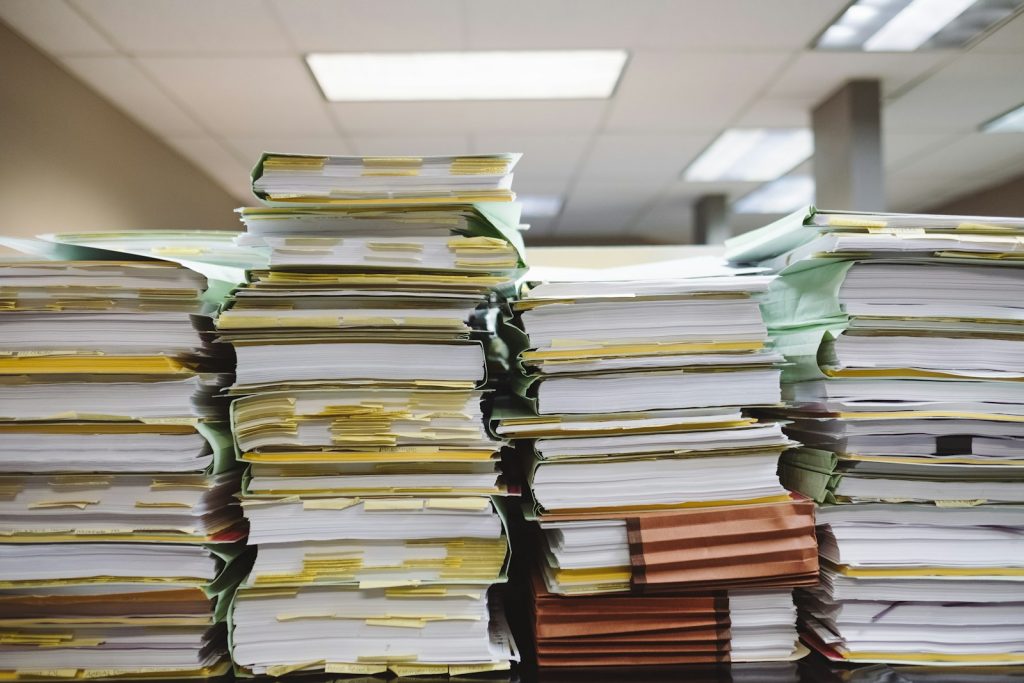 Legalizing documents in Nigeria is essentially about verifying signatures and ensuring compliance with relevant laws. The process is uniform, except for academic credentials, which require an extra authentication step. Documents issued by Nigerian authorities for use abroad can be legalized at the foreign embassy after notarization and authentication by the Ministry of Foreign Affairs.
Legalizing documents in Nigeria is essentially about verifying signatures and ensuring compliance with relevant laws. The process is uniform, except for academic credentials, which require an extra authentication step. Documents issued by Nigerian authorities for use abroad can be legalized at the foreign embassy after notarization and authentication by the Ministry of Foreign Affairs.
Reasons for document legalization often stem from foreign embassies’ requests to validate document authenticity for foreign institutions or bodies.
The legalisation process entails authenticating every signature, seal, and stamp by an authorized individual familiar with each. The consul confirms the authenticity of Ministry of Foreign Affairs signatures by signing documents with legalizing inscriptions. Additionally, foreign language documents must be translated into English by a sworn translator before submission at the embassy.
Legalisation requirements may vary depending on the country requesting for it. Essential considerations include notarization by a Notary Public, submission of scanned documents in readable PDF format, ensuring name consistency with the applicant’s passport, prescribed embassy fees, and foreign institution regulations.
Eligible documents for legalization in Nigeria include birth certificates, educational certificates, marriage certificates, driver’s licenses, and more.
Steps for document legalization involve notarization, authentication at the Ministry of Foreign Affairs, additional authentication for academic documents at the Federal Ministry of Education if necessary, and embassy legalization.
Individuals can undertake document legalisation themselves or engage a lawyer’s services, you would require a Power of Attorney if you seek for a Lawyer to represent you.
The content of this article is intended to provide a general guide to the subject matter. Please contact us directly for any specific legal assistance required.
